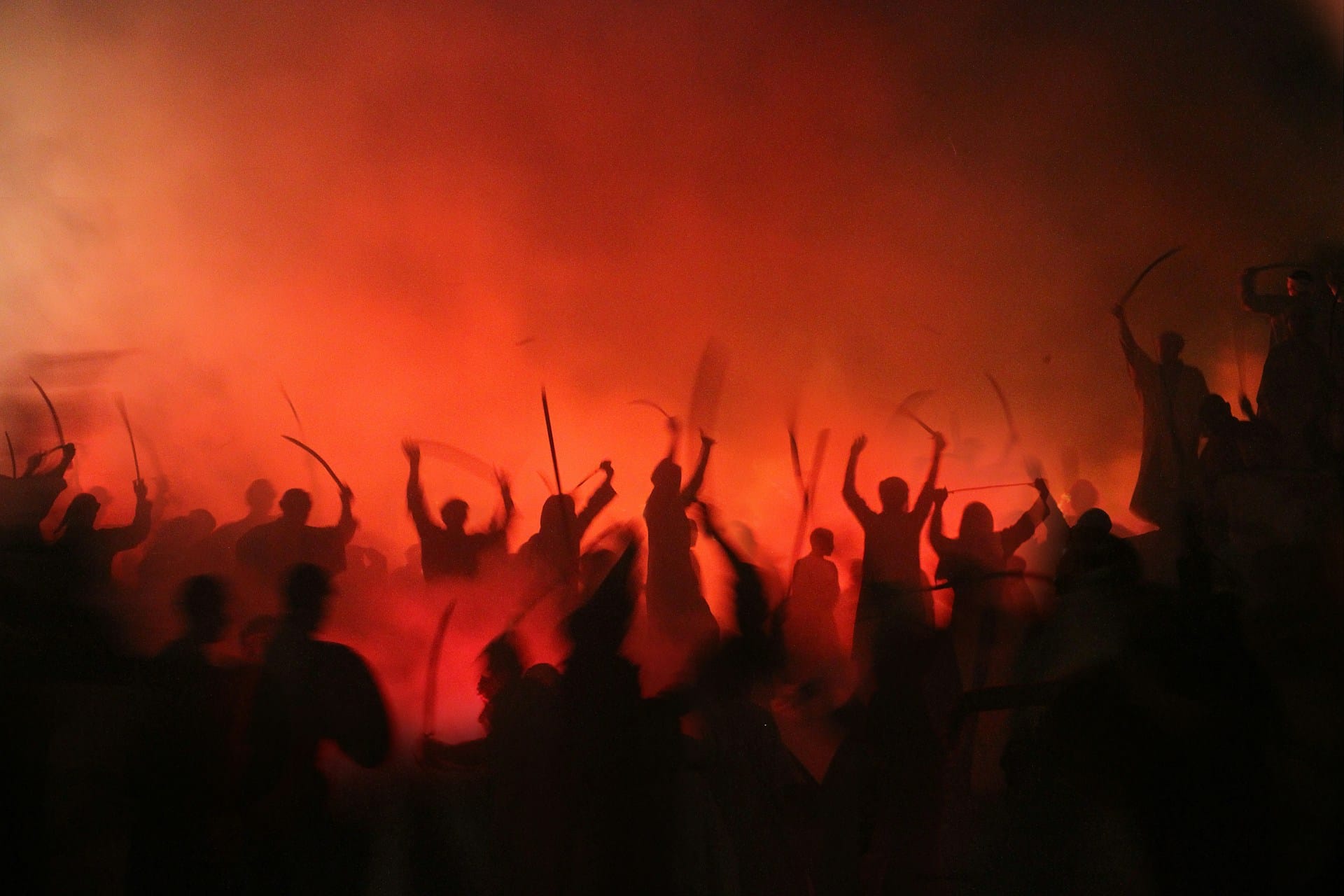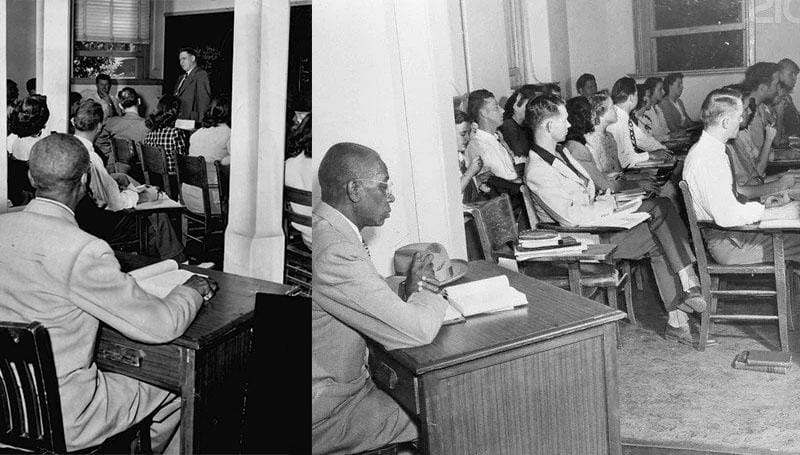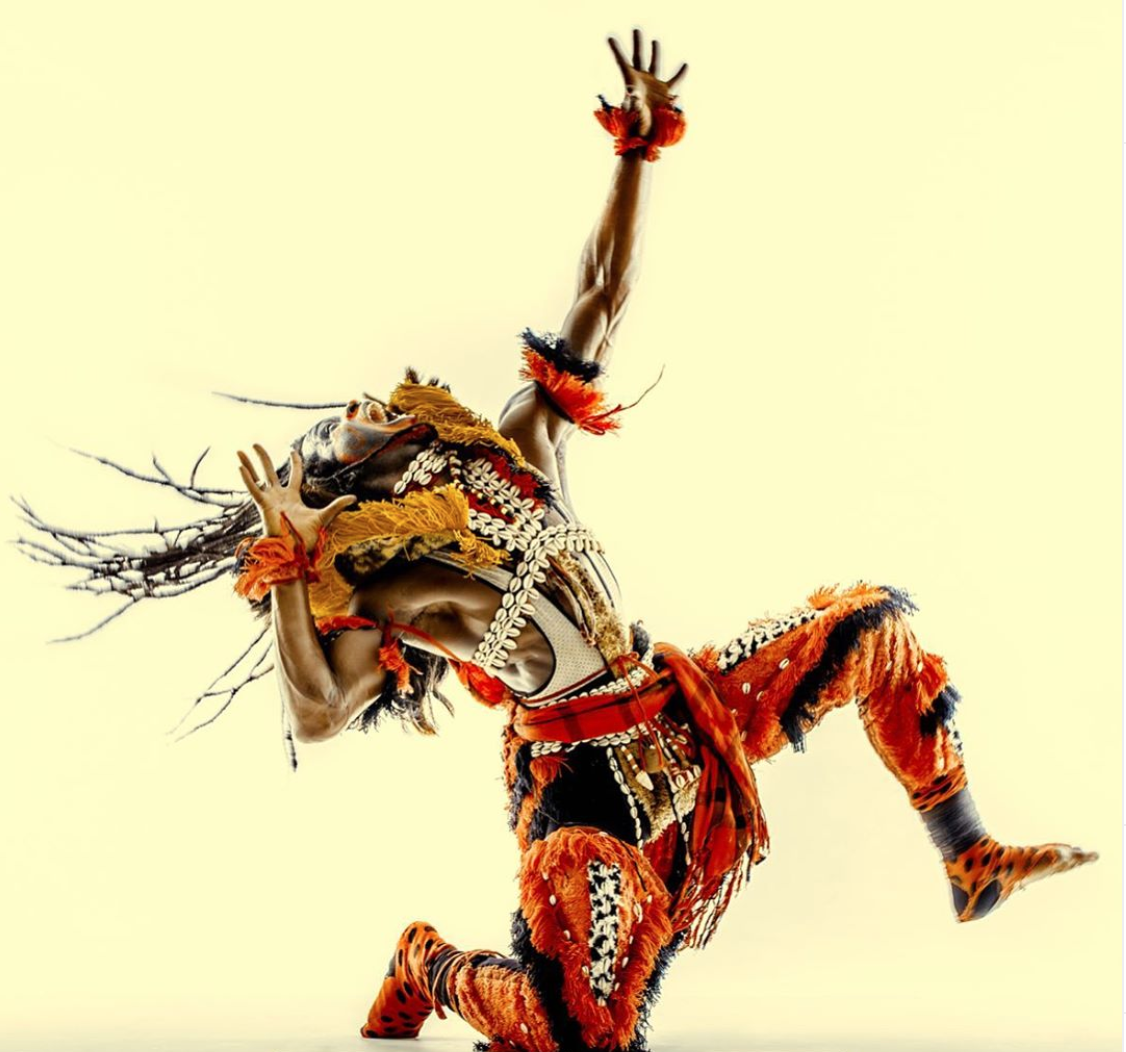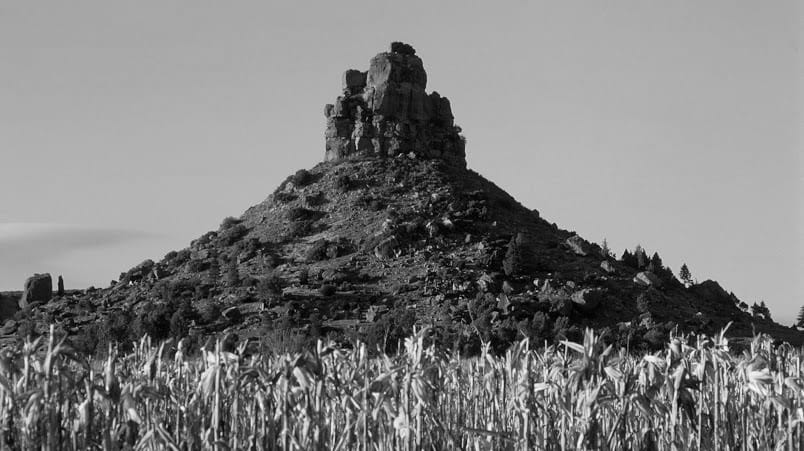Mostly when we talk about decolonization, we mainly address it from the white versus the black point of view. But I just want to stress that even before settler date here 1652, before we had the Difaqane wars, it means there was already a realization superiority issue. Difaqane or Lifaqane (all meaning "crushing," "scattering," "forced dispersal," or "forced migration"), was a historical period of heightened military conflict and migration associated with state formation and expansion in Southern Africa. I don’t know but now as we live here in South Africa or Botswana, etc. So, do we speak of demonization or perhaps it is long overdue to talk about de-tribalization
Difaqane or Lifaqane in Sesotho and Mfecane in isiZulu very important that we talk about this in the context of decolonialization. Land Restitution – land taken from this must be returned. But Difaqane meant when Shaka Zulu moved from here up to Congo, everyone moved. So, whose original Land is this one piece of Land. Not very clear. And, not very important by the way.
When people talk about the Zulus, the Zulus is an invention is not a historical group. When people talk about Basotho, Basotho are not historical, from the beginning from God. It’s an amalgamation of many things. So, there is no indigenous pure culture or pure tribe. Terrence Rodger wrote a fantastic book on the invention of tribes. Tribe are inventions and most important can further create divisions amongst people.
But also, a land restitution framework that says give the land back-to-back to AmaZulu or Basotho, is that decolonization or is going to further produce balkanization of the country. What about us who belong to two different ethnic groups. Where will we find ourselves.
Not Land Restitution, but land reform on equal bases.




